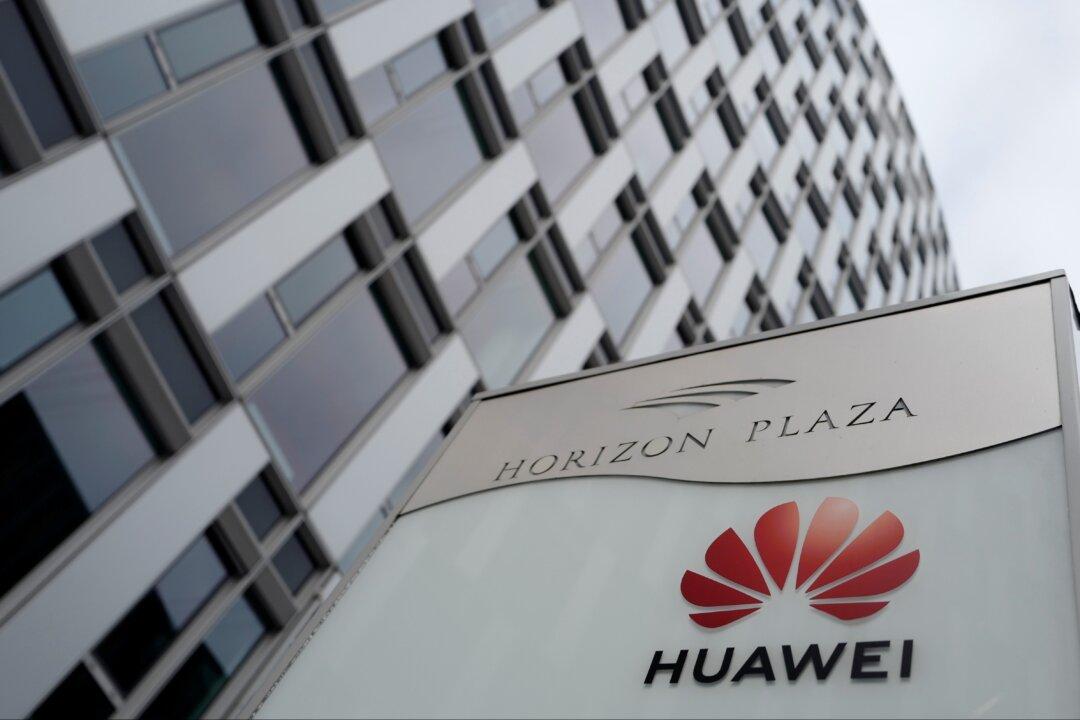Huawei is facing roadblock after roadblock in the European market.
Germany is considering stricter security requirements in an effort to exclude Huawei from building the country’s next-generation 5G networks, while French telecommunications company Orange announced it would not hire Huawei system for 5G in France. The UK’s BT Group also banned Huawei from 5G and said it would remove the company’s equipment from its existing 3G and 4G operations. Meanwhile, Czech intelligence agencies warned of the security threats from Huawei, and Poland is considering a ban, too, after a Huawei employee was arrested and charged for espionage.





